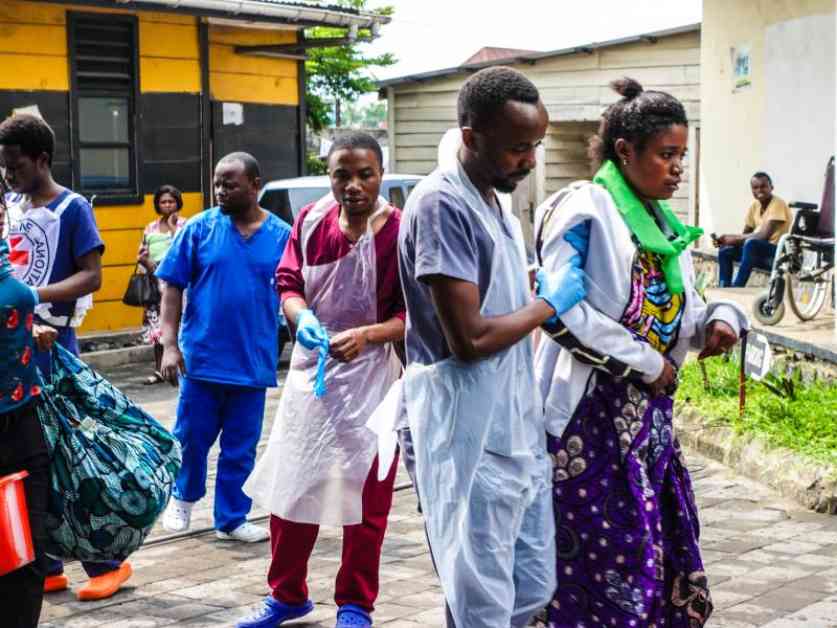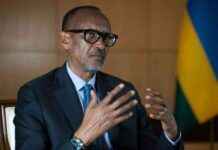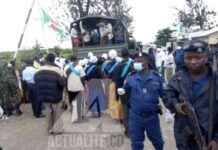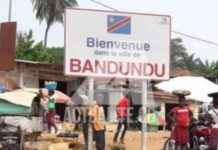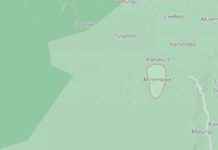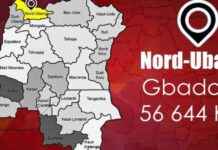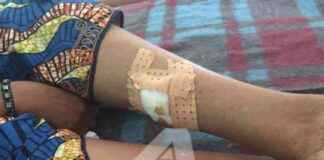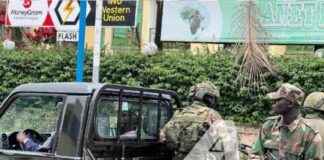Transporting Injured Persons Amidst Chaos: CICR Responds to Goma Crisis
The bustling city of Goma, situated in the North-Kivu region, has become the epicenter of a humanitarian crisis, exacerbated by the escalating armed clashes between the Armed Forces of the Democratic Republic of the Congo (FARDC) and the M23 rebels. In the midst of this chaos, the International Committee of the Red Cross (CICR) has sounded the alarm due to the overwhelming influx of wounded individuals flooding the medical facilities it supports.
Since the beginning of January, the CBCA Ndosho Hospital, located in Goma, has treated over 600 injured individuals, with nearly half of them being civilians. Among the casualties are a significant number of women and children. The injured are being transported via motorcycles, buses, or with the assistance of volunteers from the Congolese Red Cross. Some arrive severely wounded by gunfire or shrapnel, pushing the hospital staff to their limits. Myriam Favier, head of the CICR sub-delegation in Goma, paints a vivid picture of the situation, stating, “The surgical teams are working tirelessly, but the overload is such that patients sometimes have to wait on the floor due to lack of space.”
The clashes, characterized by the use of heavy artillery in densely populated areas, have not only impacted the local population but have also reached the Rusayo displaced camp, where dozens of civilians have tragically lost their lives. The CICR has also raised concerns about serious incidents hindering medical missions. Francois Moreillon, head of the CICR delegation in the DRC, strongly condemns these attacks as blatant violations of international humanitarian law, emphasizing the need to respect and protect healthcare facilities, medical personnel, and ambulances transporting the injured.
In the eyes of the CICR, ensuring secure humanitarian access is crucial to meeting vital needs such as access to clean water, electricity, food, and healthcare. In response to this crisis, the CICR is urging all parties involved in the conflict and the international community to take urgent action to alleviate the suffering of civilians and safeguard the victims and medical infrastructure.
Urgent Call for Humanitarian Action
Amidst the chaos and devastation in Goma, the CICR’s plea for immediate humanitarian action echoes through the streets, resonating with the cries of the wounded and the despair of the displaced. The urgent need for intervention to alleviate the suffering of innocent civilians cannot be overstated. The situation demands a swift and coordinated response from all stakeholders to prevent further loss of life and ensure the protection of essential healthcare facilities.
Expert Insights
Dr. Claire Mbembe, a local healthcare worker in Goma, sheds light on the challenges faced by medical personnel on the front lines of the crisis. “The sheer volume of patients we are receiving is overwhelming. We are running low on essential supplies and struggling to cope with the influx of wounded individuals. The need for additional support, both in terms of medical resources and personnel, is critical to managing this escalating humanitarian emergency.”
The human cost of the conflict in Goma is immeasurable, with families torn apart, lives shattered, and communities in turmoil. The CICR’s tireless efforts to provide emergency medical care in the midst of this chaos are a beacon of hope in the darkness of war. As the world looks on, the fate of Goma hangs in the balance, waiting for a collective response to ease the suffering of its people and pave the way for a more peaceful and secure future.
